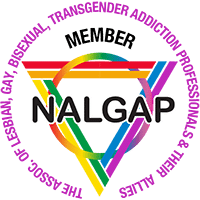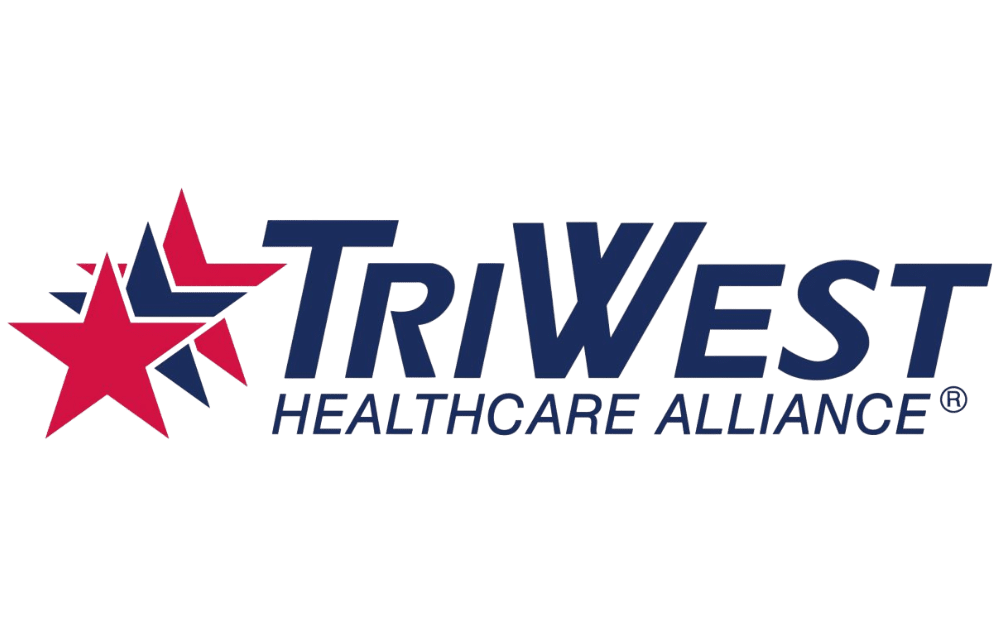dual diagnosis treatment centers – Resources
Dual diagnosis treatment centers
Definition of Dual Diagnosis
At Mile High Recovery Center, we understand that dual diagnosis involves the simultaneous occurrence of substance use disorders and mental health conditions. It’s not uncommon for individuals struggling with addiction also to face mental health challenges. Recognizing and addressing both these elements in treatment is crucial for fostering comprehensive recovery.
Importance of Integrated Treatment
Integrated treatment is pivotal in managing dual diagnosis. By addressing both mental health and substance use disorders under one cohesive strategy, we ensure that neither aspect is overlooked. This holistic approach increases the likelihood of long-term recovery and reduces the risk of relapse.
Common Co-occurring Disorders
Some of the most common co-occurring disorders we encounter include anxiety, depression, PTSD, bipolar disorder, and schizoaffective disorder. Each condition requires specialized attention, which is why our trained clinicians tailor interventions to meet the unique needs of each patient.
Types of Therapies Offered
Evidence-Based Therapies
We integrate evidence-based therapies such as Cognitive Behavioral Therapy (CBT), Dialectical Behavior Therapy (DBT), and Motivational Enhancement Therapy. These methods are proven to help individuals reframe negative thinking patterns and develop healthier coping mechanisms.
Experiential Therapies
Our program also includes adventure therapy, equine-assisted therapy, and art and music activities, which provide alternative ways to process emotions and foster healing.
Medication Management
Medication management is a cornerstone of dual diagnosis treatment. Our medical team prescribes anti-craving medications such as Suboxone and Vivitrol and continually monitors their effectiveness, adjusting as necessary to support recovery and mental health stabilization.
Individualized Treatment Plans
Each individual who walks through our doors receives a personalized treatment plan. This plan is developed through comprehensive assessment and tailored to address the specific needs and goals of the individual. This personalized approach enhances engagement and outcomes in the treatment process.
Dual Diagnosis Support Groups
Support groups are vital for successful recovery. At Mile High Recovery Center, we facilitate dual-diagnosis support groups that allow individuals to connect with peers facing similar challenges. These groups cultivate mutual support and understanding.
Dual Diagnosis Outpatient Programs
Our outpatient programs, including intensive outpatient (IOP) and partial hospitalization (PHP), offer flexible treatment options for individuals who have established a level of stability. These programs allow participants to continue their recovery journey while maintaining personal and professional obligations.
Inpatient Dual Diagnosis Treatment
For those requiring a more immersive experience, our inpatient treatment provides a structured environment supported by 24-hour care. This setting is designed to stabilize individuals, manage withdrawal symptoms, and initiate comprehensive therapeutic intervention.
Aftercare and Relapse Prevention
Aftercare planning is a critical component of our dual diagnosis treatment. We help individuals develop relapse prevention strategies, link them to community resources, and engage them with our active alumni community to ensure continued support.
Holistic Approaches
We incorporate holistic approaches that consider the mind, body, and spirit. Nutrition education and mindfulness practices are key elements of our program, helping individuals restore balance and build a healthy lifestyle beyond recovery.
Evidence-Based Practices
Our commitment to evidence-based practices ensures that we provide the highest standard of care. These practices are grounded in scientific research and tailored to enhance the efficacy of treatment interventions.
Dual Diagnosis Treatment for Specific Populations
At Mile High Recovery Center, we tailor our programs to address the specific needs of diverse groups, including adolescents, members of the LGBTQ community, and military beneficiaries. Our culturally competent approach ensures that all individuals receive respectful and relevant care.
Insurance Coverage for Dual Diagnosis Treatment
Understanding the financial aspect of treatment can be daunting. We work with major insurance carriers like Aetna, Cigna, and Blue Cross Blue Shield to verify coverage and facilitate in-network reimbursement, ensuring that financial barriers do not impede access to care.
Finding the Right Dual Diagnosis Treatment Center
Choosing the right treatment center is a crucial step in the recovery journey. Our Denver location offers access to both urban and outdoor therapeutic activities, supporting a balanced approach to treatment. We encourage individuals and families to reach out to us to learn more about our integrated pipeline from housing to treatment, our seasoned staff, and our commitment to fostering sustainable recovery.
















